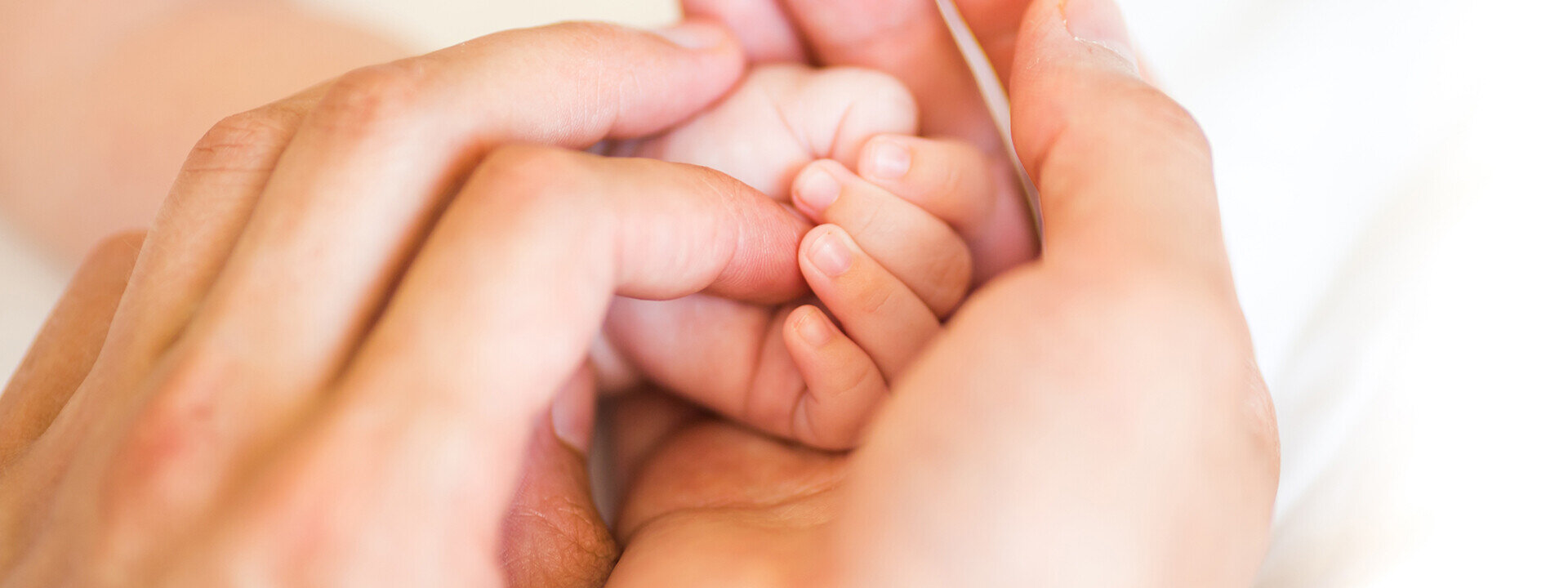“Making sense gives meaning to the experience”
As I consider the adversity that many of the True Colours families face on a day to day basis I am left reflecting on the word ‘hope’. Some of us are particularly good at finding the silver lining in a cloud and others of us find it hard to see the point or relevance in some situations. I certainly have stood in both places at different times in my life.
As we strive to find meaning in the things that happen in our lives it is more difficult when we see the impact on the family and those that are close to us. Particularly when those ‘things’ are in relation to illness, grief and loss.
As I reflect on the children we care for at True Colours I wonder how families make meaning out of their situation as their child and they live with a complex illness. How do they grow resilience that sustains them as individuals and as a family? The grief that families live with is frequently not given proper attention and care. Neither is the remarkable resilience that many families achieve.
Michael White, a Narrative Therapist said, “People’s experiences of life and their interpretation of those experiences give meaning to their experiences of the world – making sense gives meaning to the experience”.
To build resilience and strength in our relationship to ‘being’ in this world the ‘story’ we tell influences the way we think and feel. The resilient family adapts to new challenging situations and modifies hopes and dreams to align to their new situation. It takes time to build resiliency, this is a process that comes about often by way of trial and error as we learn a little more of ourselves and what our limitations are and what our capacity to do things differently are.
It is important to take note of what we would normally see are our strengths, noticing how we build into those whilst being aware of new strengths that often come out of hard painful events or situations. Given a choice we may not have chosen to have those strengths as they may have only come about because of the illness or grief. For example, parents have spoken to me about their advocacy role for their children. In the past they may never have had to so strongly advocate for their child, educating health professionals and other agencies on what is best for their child. This takes courage, insight and awareness which are certainly strengths and build into the resiliency of who you are as a person.
This also allows some sense of control over situations where there feels there is so little control. When a child lives with an illness such as cystic fibrosis there are some things that cannot be changed. There are certain treatments, medications and physical cares that are crucial to the child’s wellbeing. How those cares are implemented and how the child and family work together in this supports partnership, some sense of control and again enhances resiliency.
It is crucial to continue to develop self-esteem and confidence in who you are. This is true for all members of the family. It is so easy to lose ourselves in times of illness, sleep deprivation, grief and exhaustion. Therefore how we view ourselves in these situations can either build resiliency and hope or diminish it.
Hope allows us to believe in a tomorrow that will be better. It encourages us to keep going and brings a sense of ‘calm’ as we believe the future will become easier. But it is not until we start to believe in ourselves, in our inner wisdom and strength that the hope becomes sustainable.
I resonate with Ralph Waldo Emerson’s statement that says, “What lies behind us and what lies before us are tiny matters, compared to what lies within us”.
Families, friends and others that help in the journey of life are important, but the real sustainability is when we are able to refuel ourselves with the things that are important to us. This may be in the way of solitude, exercise, reading, music, meditation or the many other aspects that can keep building on the essence of who we are as individuals. This then will impact on who we are within our family unit.

